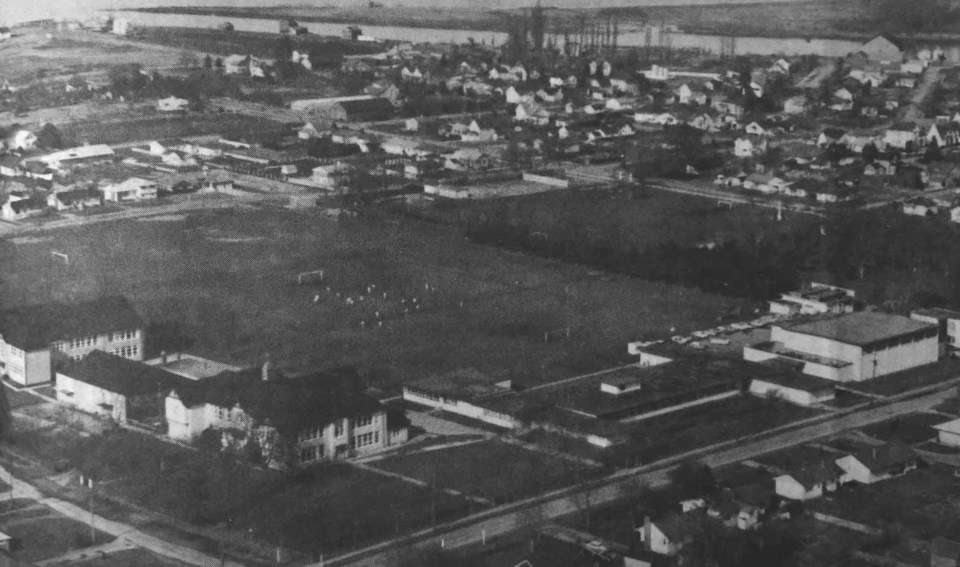The Municipality of Delta’s water system could have supplied the Lower Mainland after an atomic attack.
That’s what a February 1961 headline in the Optimist suggested when civil defence officials told municipal council that in the event of a nuclear fallout in Vancouver and the region, the Delta water supply was the nearest available source that would be uncontaminated.
It was in the Cold War days.
Delta council was told the city's artesian wells feeding an enclosed reservoir were needed as an emergency water supply for the region if there was a nuclear war.
That year, in addition to a number of other events that heightened tensions, the U.S. began installing nuclear-capable Jupiter missiles in Turkey, increasing American capacity to launch an attack against the USSR. It prompted the Cuban missile crises. The fear of nuclear war was very real as USSR that year detonated “Tsar Bomba”, a 50-megaton bomb which was the most powerful nuclear device ever tested.
It was proposed by civil defence officials and the city’s engineering department that an eight-inch bypass line from the feed lines entering the East Delta water reservoir be installed because the Greater Vancouver Water District sources could be all contaminated and unusable, making Delta’s water "a life-saving necessity.”
Over 700 gallons a minute, or more than one million gallons a day from a completely enclosed and uncontaminated system could be readily available for distribution by tanker trucks, the article explained.
Portable generators would supply the required power for the operation in the event of an attack. Receiving the report for study, council was told the supply would provide water for more than a million people.




